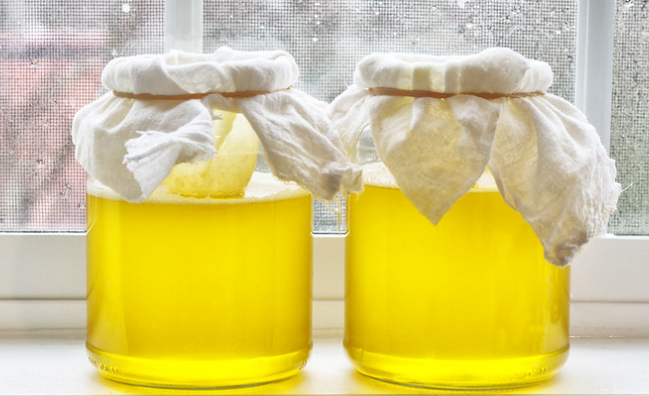Organic Cow Ghee is one of the healthiest and a must add-on item for many dishes amongst all the milk products; especially in Indian cuisine ghee plays a major role most of the time. For infants, ghee is considered to be one of the body and muscle developing catalysts.
With the improvement in the farming sector, wherein animals are fed with high nutritious and fibrous pasture, organic ghee has come in trend these days. For instance, 100% grass-fed cow gives milk with very low casein levels.
But one aspect associated with the organic ghee is Casein; and is well thought-out as a pivotal factor while choosing ghee. Casein is a protein found in milk and belongs to the family of phosphor proteins. Found only in mammalian milk, this particular protein is 80% in cow milk and 20-45% in human milk.
Ghee is made from clarified butter. Butter is melted during the clarifying process before the milk solids separate from the butter fats. Ghee is made up of these separated fats. Since casein makes up about 80% of the protein in mammalian milk, it is conceivably the most prevalent protein there.
The following can be the outcomes of casein related allergy for lactose-intolerant people; and therefore they should choose their milk product wisely:
- Intensified pain
- Breathlessness
- Intensified pain
- Internal inflammation
Now, how can one make sure that he or she is not choosing casein containing organic ghee?
- Always choose ghee of a 100% grass-fed cow.
- Avoid homemade ghee as the origin of the milk is not known to be from a fully 100% grass-fed cow.
- Whenever purchasing organic ghee always check for casein-free certification.

